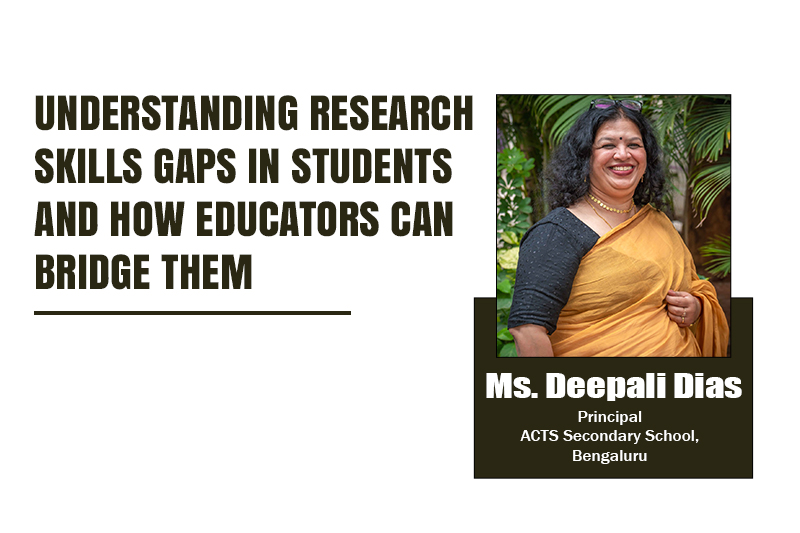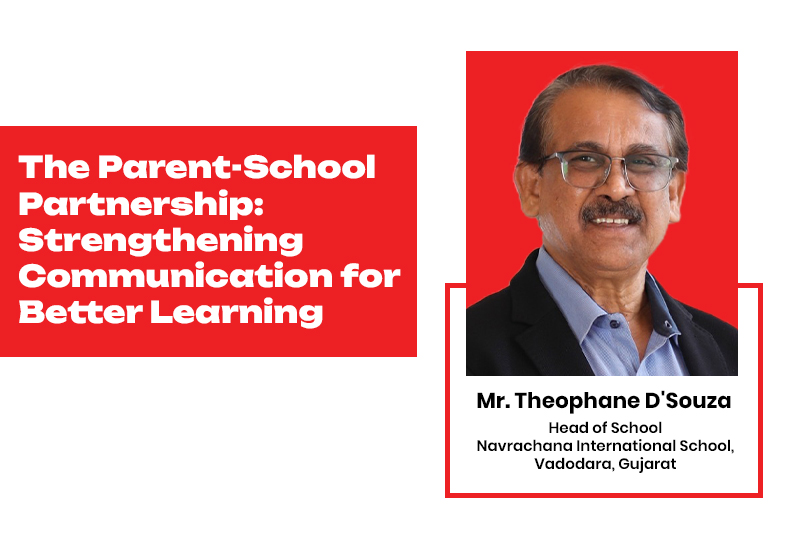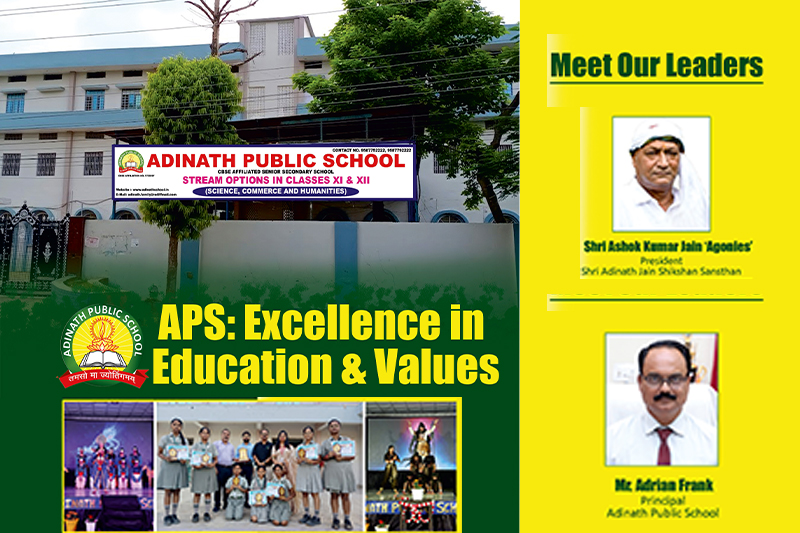Mrs. Suja George, Alpha Group: Leading the Mobile-First Learning Revolution in Modern Education
“The future of learning isn’t about where you are—it’s about what’s in your hand.”
By the time you finish reading this article, somewhere in the world, a learner will have grasped the basics of a new language, completed a coding challenge, or aced a practice test—all from a device they carry in their pocket. This is the transformative power of mobile-first learning platforms.
At the forefront of this educational revolution is Mrs. Suja George, Vice Chairperson of the Alpha Group. With decades of experience in education and a deep understanding of emerging learning paradigms, Mrs. George sees mobile-first learning not as a passing trend, but as a fundamental shift in how education is conceived, delivered, and experienced.
A respected academic leader with a background in Commerce, Business Administration, and Educational Leadership, Mrs. George has been honored with the Biozone Icon Lifetime Achievement Award (2018) and the Education Icon of the Year (2020) by EducationToday. Her perspective on mobile-first learning is future-oriented and grounded in access, relevance, and adaptability principles.
Why Mobile-First? Because the World Already Is
With over 6.9 billion smartphones in active use globally, mobile devices are the most common gateway to the internet. For many, especially in developing regions, a smartphone is not just a communication tool but their primary access point for information, entertainment, and increasingly, education.
Mrs. George emphasizes that mobile-first learning platforms are designed for mobile from the ground up. This is a crucial distinction—these platforms rethink not just the format, but the learning philosophy itself. They recognize that today’s learners demand flexibility, speed, and accessibility without compromising quality.
“Mobile-first is not just a feature,” Mrs. George says, “it’s a philosophy—an understanding that learning should meet the learner where they are, not the other way around.”
Learning in Bites, Not Buffets
Traditional e-learning often mimics classroom structures—long lectures, dense modules, and fixed progression. Mobile-first learning, in contrast, is modular, dynamic, and bite-sized. It supports microlearning, breaking complex subjects into digestible, focused segments.
This design allows learners to engage before sleep during lunch breaks, commutes, or quiet moments. Imagine reviewing French vocabulary during a short trip to work or watching a two-minute explainer on supply chain logistics while waiting in line for coffee. Every idle moment becomes an opportunity for growth.
“Mobile-first platforms are redefining how we perceive time and productivity,” Mrs. George explains. “Education is no longer confined to a scheduled hour—woven into our everyday routines.”
Swipe, Tap, Learn: The Experience Matters
The best mobile-first platforms don’t just shrink content to fit smaller screens—they reimagine the entire learning experience. Engaging interfaces, gamification, adaptive assessments, and interactive simulations transform passive learning into active exploration.
From voice recognition tools that perfect pronunciation to augmented reality-powered anatomy models, these platforms offer immersive and memorable experiences. This goes beyond accessibility—it makes learning tactile, intuitive, and emotionally engaging.
“Learning must speak the language of the learner,” Mrs. George asserts. “And today’s learners speak the language of interactivity and immediacy.”
Inclusivity in Your Pocket
One of the most profound impacts of mobile-first learning is its potential to democratize education. In rural or underserved regions with limited access to quality schools or trained teachers, smartphones serve as vital lifelines.
For marginalized learners, access to world-class courses, tutorials, and practice tools—often free or low-cost—means more than convenience; it’s a gateway to opportunity.
Mrs. George highlights the significance of this shift in India and other emerging economies:
“We talk about the digital divide,” she says, “but mobile-first education is helping us bridge that divide, one learner at a time.”
Learning for Life: Workforce 2.0
As industries evolve and skill demands shift rapidly, lifelong learning has never been more critical. Mobile-first platforms allow professionals to reskill and upskill on demand—between meetings, during commutes, or after work hours.
Global platforms like LinkedIn Learning, Coursera, and Google Career Certificates offer flexible, career-aligned courses for busy lives. Industry-specific apps help doctors, engineers, marketers, and educators stay current with evolving tools and techniques.
Mrs. George sees this as the next frontier:
“The workforce of tomorrow will not just use knowledge—it will need to renew it constantly. And mobile learning is making that possible.”
What’s Next? The Future Is Smart, Seamless, and Personal
Looking forward, Mrs. George envisions mobile-first education becoming even more intelligent. The convergence of AI, wearables, and voice technology will make learning more adaptive, personalized, and integrated with daily life.
We stand on the cusp of innovations like:
- AI-powered tutors that adapt pacing and teaching methods to each learner’s style
- Offline learning capabilities for low-connectivity zones
- Wearable tech integration via smartwatches and smart glasses
- Voice-activated, hands-free lessons accessible while multitasking
“Education,” she notes, “is no longer a place you go to—it’s something that goes with you.”
Final Swipe: Learning Liberated
Mrs. Suja George delivers a clear message: mobile-first learning is not a peripheral innovation but the new center of gravity in modern education. It empowers learners to take control of their educational journeys on their terms.
This transformation is about more than technology. It’s about equity, autonomy, and vision—building an education system responsive to change, inclusive in reach, and rich in experience.
“The smartphone is not just a tool for communication or entertainment. It is a classroom, a tutor, a lab, and a library—all in your pocket. The challenge for educators now is not whether to embrace it, but how to optimize it for learning that’s meaningful and lasting.”
The next time you unlock your phone, ask yourself: What could I learn in the next five minutes? The answer might just change your life.
Want more thought-provoking articles like this? Check out EducationToday – where education meets innovation.






